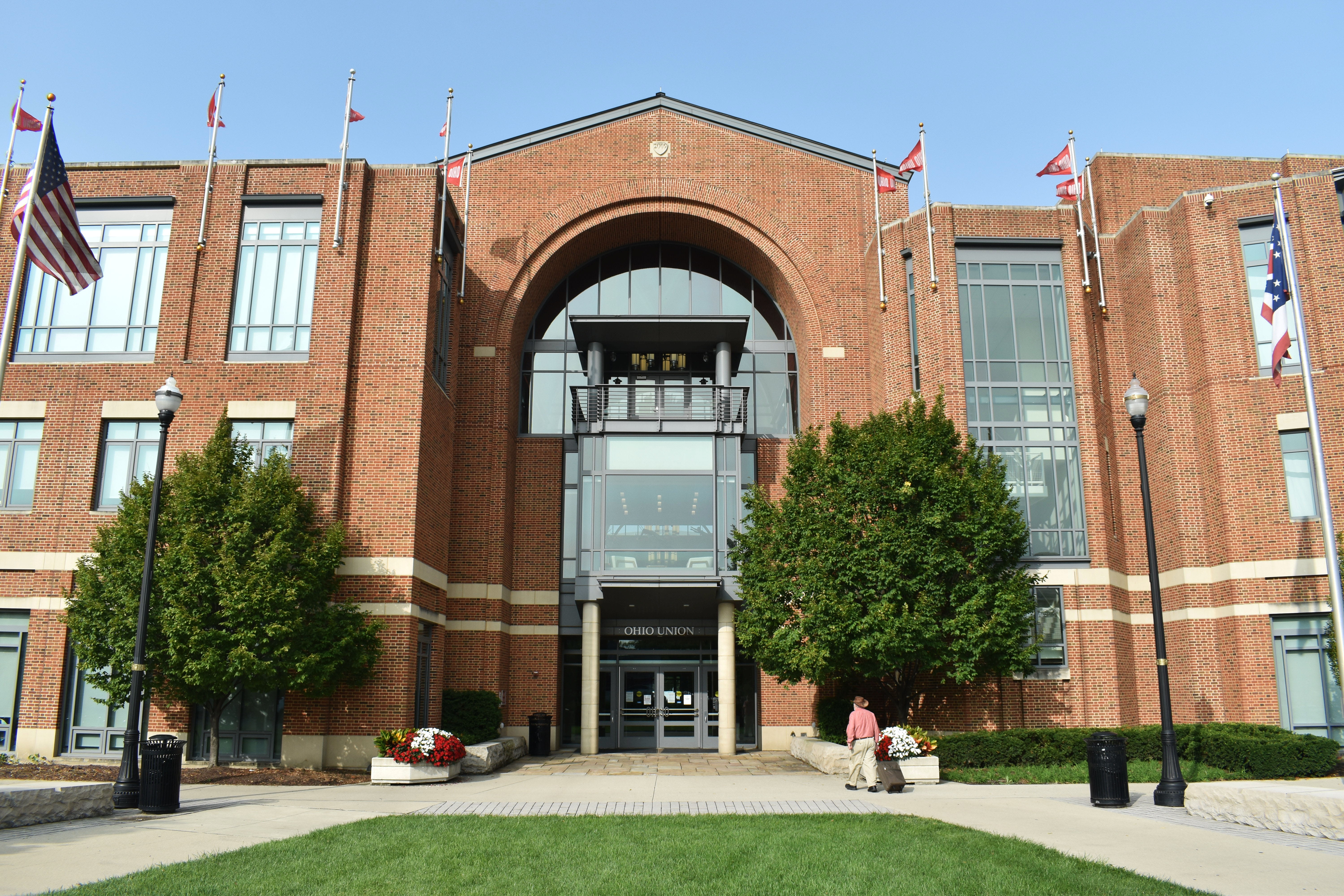
Ohio State currently has 110 graduate and 90 doctoral programs in anything from engineering to music. Credit: Mackenzie Shanklin | Photo Editor
The transition from college to the workforce is a pivotal moment for many students, and Ohio State offers a variety of support options to ease the transition.
It takes students around six months on average to get their first job after graduation, Karin Jordan, assistant dean of Graduate Development and Engagement at the Graduate School, said. To aid in the process, the Office of Student Life offers a range of programs, including Alumnifire, Handshake, career fairs, Buckeye Careers and other major-specific programs.
“The message from administration and faculty is clear: to help students get a great education that makes them career ready and employable,” Jordan said.
Jordan said the university has 108 operational startups that commercialize research and create opportunities for students. The extensive network of Ohio State alumni also provides networking opportunities students can utilize to further their careers.
Many students advance their careers by receiving a graduate degree, Jordan said.
Ohio State offers 110 graduate and 90 doctoral programs ranging from engineering to music, according to the Ohio State Graduate School website.
Keith Lofton, an admissions counselor for the Office of Student Academic Success, said a graduate degree helps in the job search and with continued learning both in and out of the classroom.
“The higher you go with your degree, the greater opportunities you have for advancement,” Lofton said. “It’s always an encouragement to never stop at a bachelor’s degree but to go on for advanced degrees.”
Jordan said a graduate degree can also help students move past entry-level positions many students take up after graduation, specializing their skills and increasing their earning potential.
For students who want to get career experience but do not require a graduate degree, the university offers Buckeye Careers — a universitywide initiative designed to support students throughout their professional development. Through this program, students can schedule a session with a career coach, explore career options through Handshake and reach out to potential employers through career fairs and on-campus interviews.
Marilyn Rice, director for the Bill and Susan Lhota Office of Alumni Career Management, said prospects for finding employment after graduation depend on a student’s target industry and education requirements.
“Networking is a very, very important part of finding both an internship and a job, so meeting with an adviser, taking advantage of all the resources, attending the career fairs,” Rice said.
Lofton said the university also offers major-specific career programs, such as the Fisher College of Business’s specialized career paths in investment banking and consulting and Ohio State’s University Exploration page, which recommends possible jobs for each major.
“We’re seeing a lot of students take advantage of [programs] like education abroad and the internships or co-ops that a lot of their majors are providing,” Lofton said. “So those seem to be the opportunities and experiential learning that is opening the door for students once they graduate.”


